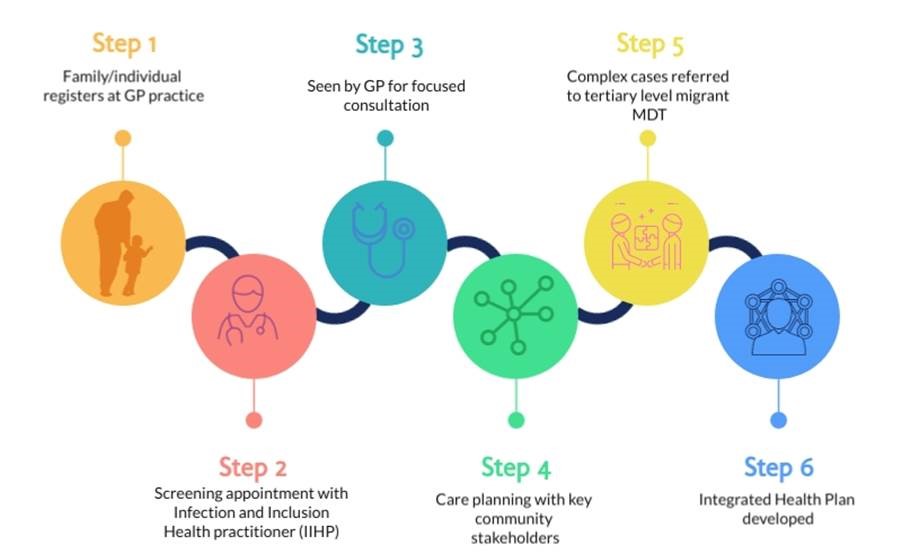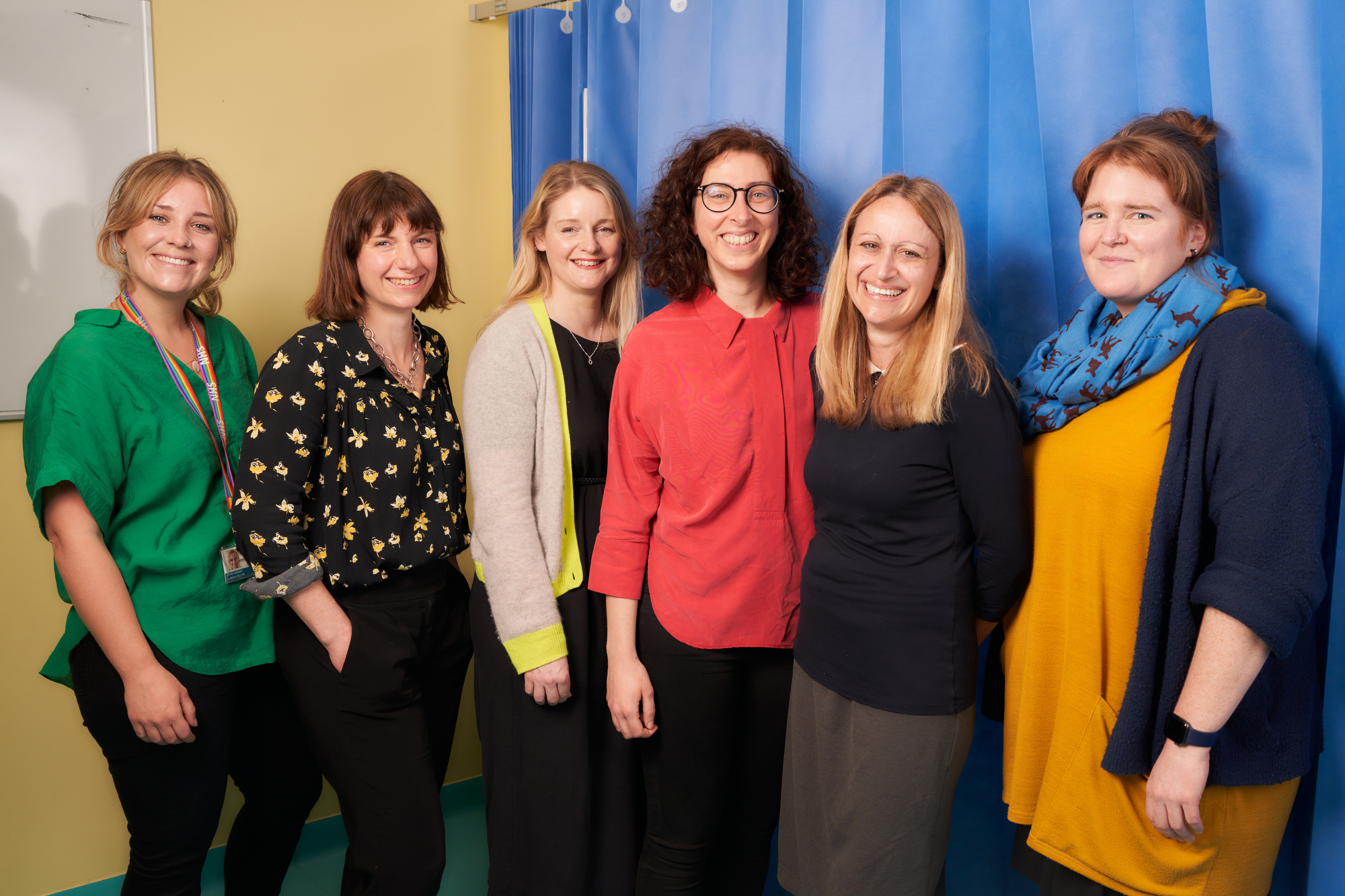Dr Olivia Farrant is a member of the University College Hospital (UCLH) Respond team, a community-based service delivering holistic care for asylum seeker communities in London. Olivia is also a Centenary Fellow at the UCLH Hospital for Tropical Diseases.
In 2021, 48,540 people claimed asylum in the UK, the highest level since 2003. The majority of these applications were made by people from Iran, Iraq and Syria, aligning closely with conflict in these areas. This rise of almost two-thirds from the previous year, together with the impact of the COVID-19 pandemic on pre-existing delays to the processing of asylum claims, resulted in the placement of many families and individuals in ‘contingency accommodation’ across the UK. Forced migration due to persecution, conflict or natural disaster is not a new phenomenon, and the principles of the 1951 Refugee Convention remain just as relevant 70 years on since its inception.
Bringing health and care into contingency accommodation
Although contingency hotels had been used prior to the pandemic, the scale of their use since then has been unprecedented. Thousands of vulnerable migrants were placed in inner-city areas during a pandemic when health and social care resources were already stretched to their limit. People seeking asylum are known to be commonly affected by complex and inter-generational needs, affecting mental, physical and social health, and may have experienced limited access to prior healthcare. This made it exceptionally challenging to provide an equitable and accessible service for this population, despite the best efforts of frontline staff.
To address these problems, our team from UCLH designed a new integrated, community-based, model of delivering care for asylum seekers called ‘Respond’. This model is designed to overcome barriers in access to healthcare, provide a wrap-around, holistic and trauma-informed service and deliver equitable healthcare for an underserved group.
An integrated and holistic response
Through the Respond model, we support GP registration, screen for a range of physical and mental health needs, including communicable and non-communicable diseases, refer and signpost to key services, and provide a patient-held record of our assessment, as show in Figure 1. We work with expert multidisciplinary input from a range of specialists with expertise in migrant and refugee health. We were commissioned by North Central London Clinical Commissioning Group in July 2021 to deliver services across Barnet, Camden and Islington.
Figure 1. The Respond model
We have assessed over 700 people in family groups and as individuals to date. We have learnt the importance of partnership working and the benefits of integrated care across traditional boundaries: primary and secondary care, adult medicine and paediatrics, health and social care. We have learnt the crucial importance of bringing healthcare into the community, of understanding where people live and their experiences in the design of an equitable service. We’ve had to overcome funding shortfalls to continue our work and have learnt the limitations of short-term retrospective funding models when trying to build sustainability into the system.
Looking ahead
Moving forwards, from a clinical perspective we will be upscaling, strengthening our partnerships and bringing in peer advocates to work with us in the implementation of our service. From an academic perspective we will be developing one of the largest clinical datasets to date describing the health needs of asylum seekers in the UK, conducting in-depth qualitative work and economic evaluation to assess for acceptability and cost-effectiveness. We will be sharing the results of an interim service evaluation of the first 12 months shortly and will be seeking feedback from key collaborators across the region and from patient advocates.
Our work is designed to address health inequalities through equitable service delivery, partnership across traditional system divides, digital innovation and cutting-edge research for an underserved group. We remain at a pilot stage and welcome feedback from collaborators and other stakeholders as we move forward.
Further reading
Farrant O, Eisen S, van Tulleken C, Ward A, Longley N. Why asylum seekers deserve better healthcare, and how we can give it to them BMJ 2022; 376 :n3069 doi:10.1136/bmj.n3069
Contact
Find out more about the Respond service here: https://www.uclh.nhs.uk/our-services/find-service/tropical-and-infectious-diseases/respond-integrated-refugee-health-service
Or email the team via: uclh.respondadmin@nhs.net
World Refugee Day is an international day designated by the United Nations to honour refugees around the globe and takes place annually on 20 June. Learn more about HLP’s work to support people experiencing homelessness and other inclusion health groups.


